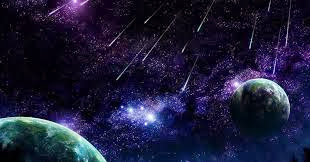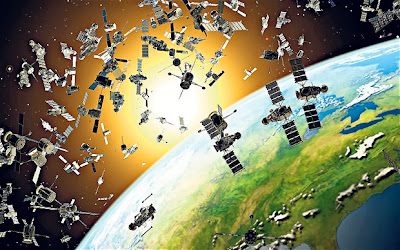 |
| Comets, Meteors and Asteroids Facts for Kids
Comets,
meteors and asteroids are three different astronomical bodies, yet
they hold several things in common. They are presumed to be the
remains of the elements that created the Sun and the planets.
However, they are too small to be viewed as planets. Some are just a
few feet in size, while others are a mile long.
These
celestial bodies travel through space and occasionally become caught
by a planet's gravitational pull. Meteors enter the Earth's
atmosphere every day but are burned up before they get to land on the
ground. Could
an asteroid hit the Earth? Asteroids
usually stay in the Asteroid Belt though they may sometimes knock off
course. An asteroid could hit the Earth but it's unlikely to happen.
That's one of the reasons why astronomers never stops from studying
the space, looking for asteroid that might crash into Earth.
|
Showing posts with label all about the space fun science facts. Show all posts
Showing posts with label all about the space fun science facts. Show all posts
Thursday, November 21, 2013
Comets, Meteors, and Asteroids Facts for Kids
Space Junk Facts for Kids
 |
| Discover Space Junk Facts for Kids |
What
is a space junk? Here
are a few Space
Junk Facts
that your kids will love to learn. Any time space shuttles travel
into space they leave debris behind. It might be tools, old engine
parts, fuel tanks or even an astronaut's gloves. Satellites
eventually wear out and stop working. They, too, become space junk.
Space
junk can cause problems. One of the problems is that space junk can
fall back to Earth. More often than not, it burns up before it
reaches the ground.
Has
anyone been hurt by falling space debris? Fortunately,
no one has been seriously injured. Most of the debris that has fallen
from space lands in oceans or places where few people live.
To
know more about space junks, click here.
Subscribe to:
Posts (Atom)